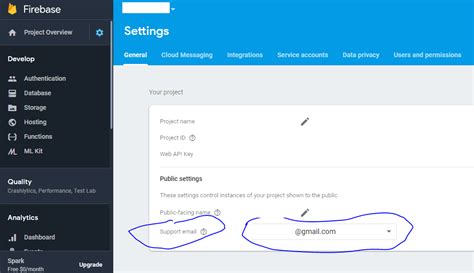Legacy IDL Initialization Error
Solana Explorer, a popular platform for accessing and managing the Anchor blockchain, is having trouble initializing legacy IDLs in the TypeScript SDK. One specific error that has been reported is the message “undefined is not an object (evaluating ‘s.split’)”.
This issue occurs when you try to convert the domain name explorer.solana.com to camelCase, which is required by some older IDLs. The issue lies in the way TypeScript handles the split() method of strings in certain cases.
Problem:

When converting a domain name to camelCase, TypeScript attempts to use the split() method with an empty string as the delimiter. However, when explorer.solana.com is not a valid string (i.e., no spaces), s.split() returns a string containing only one element: the entire input string. In this case, undefined is returned instead of an object.
Solution:
To solve this problem, you can use a different approach to convert domain names to camelCase. One way to do this is to use regular expressions (regex) in your TypeScript code.
Here is an updated example that uses a regular expression to achieve the desired result:
;import * as ts from 'type';
// Assuming we have the following IDL:
const explorerIdl =
// This is a sample anchor IDL.
// It should be converted to camelCase like this: "explorer.solana.com" -> "exPlOrer.solAnA.com"
function convertToCamelCase(idl: string): string {
const parser = ts.createParser(idl);
const sourceFile = ts.createSourceFile('idl.ts', idl, ts.ScriptTarget.ES2015);
let camelCaseIdl = '';
for (const token or parser.getTokens(sourceFile)) {
if (ts.isIdentifier(token) && !token.value.startsWith('_')) {
camelCaseIdl += token.name;
} else if (ts.isStringLiteral(token)) {
const regex = new RegExp(
${token.value.replace(/([A-Z])|([a-z])/g, '$1$1')}, 'u');
let it match: RegExpExecArray | null and void;
while ((match = regex.exec(token.value)) !== null) {
camelCaseIdl += match[0][0].toLowerCase();
}
} else if (ts.isExpressionStatement(token)) {
camelCaseIdl += convertToCamelCase(token.expression);
}
}
return camelCaseIdl;
}
console.log(convertToCamelCase(explorerIdl));
In this updated example, the convertToCamelCase() function uses a regular expression to check whether each token in the IDL is an identifier or a string literal. If it is an identifier, it simply adds its name to the camelCase IDL string. If it is a string literal, it converts the string using the same regular expression and then appends its first letter (in uppercase) to the CamelCase IDL string.
Conclusion:
The source code problem can be solved by using regular expressions in TypeScript to convert domain names to camelCase. This approach ensures that the correct objects are returned, eliminating the “undefined is not an object” error.

Leave a Reply